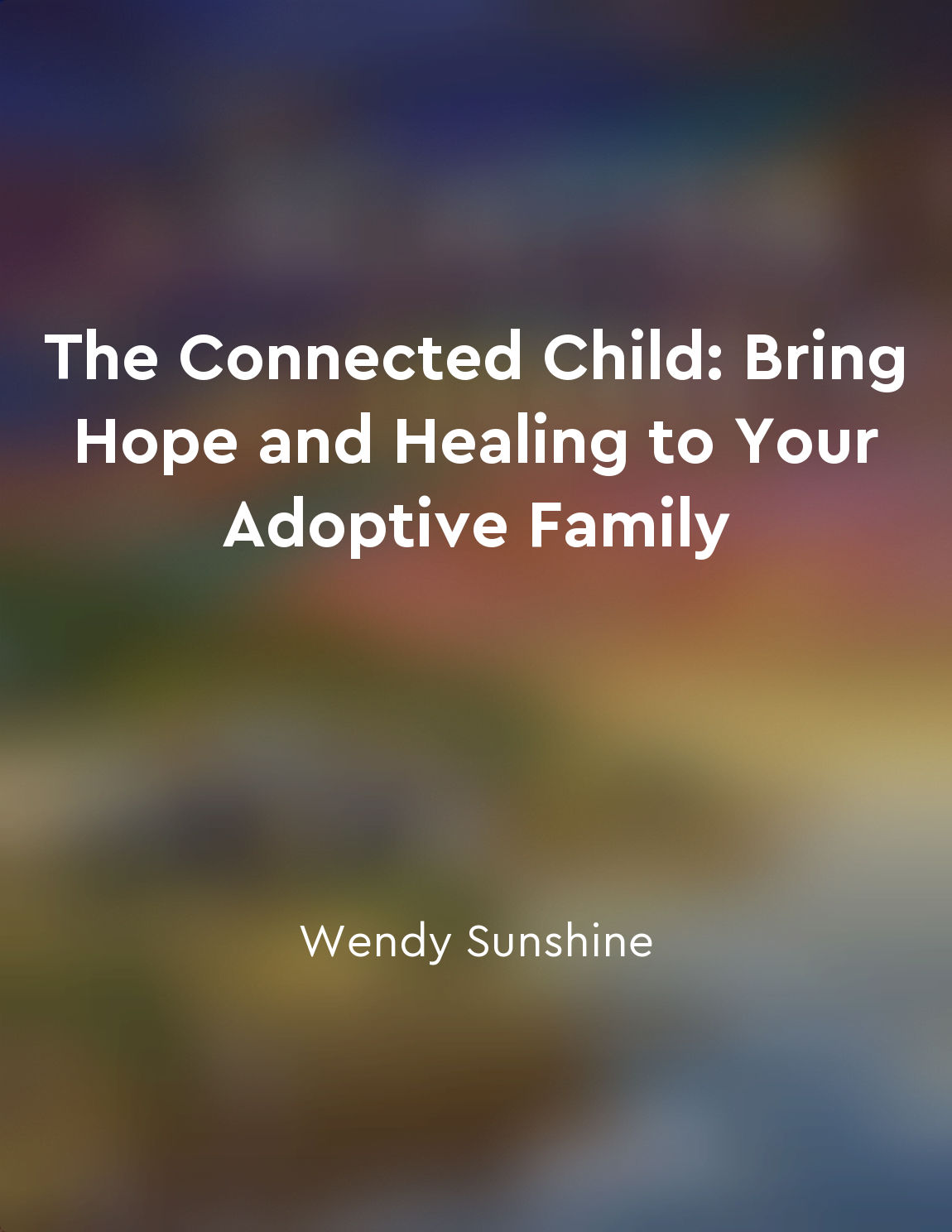Cultivate empathy for caregivers from "summary" of Love's Labor by Eva Feder Kittay
To fully appreciate the challenges faced by caregivers, we must first recognize the depth of their commitment and the extent of their sacrifices. Caregivers devote countless hours to tending to the needs of their loved ones, often at the expense of their own well-being and personal fulfillment. They willingly put their own lives on hold to ensure the comfort and security of those in their care. It is crucial to understand the emotional toll that caregiving can take on individuals, as they navigate the complexities of providing physical, emotional, and financial support to their loved ones. The constant juggling of responsibilities can lead to feelings of isolation, exhaustion, and overwhelm. Caregivers may experience a sense of loss - of their own identity, independence, and freedom - as they dedicate themselves wholeheartedly to the needs of others. Empathy allows us to step into the shoes of caregivers and see the world through their eyes. By cultivating empathy for caregivers, we can gain a deeper understanding of the daily struggles they face and the resilience they demonstrate in the face of adversity. We can recognize the selflessness and compassion that drive their actions, as well as the profound impact that caregiving has on their physical and emotional well-being. Through empathy, we can offer caregivers the support and validation they so desperately need. We can acknowledge their sacrifices, celebrate their achievements, and provide a listening ear and a helping hand when they feel overwhelmed. By standing in solidarity with caregivers, we can create a more compassionate and inclusive society that values the contributions of those who dedicate themselves to the care of others.- Cultivating empathy for caregivers is not just a moral imperative, but a practical necessity. It allows us to build stronger, more supportive communities where the needs of all members are recognized and respected. By fostering a culture of empathy and understanding, we can create a more compassionate world where caregivers are valued, appreciated, and supported in their vital work.
Similar Posts
Embrace imperfection and mistakes
It's okay to make mistakes. In fact, it's more than okay – it's necessary. Mistakes are a natural part of life, and they provid...
Building trust is essential
When it comes to forming relationships, trust is the most important factor. Without trust, connections are weak and easily brok...
Empathy helps in navigating complex social interactions
Empathy serves as a crucial tool in successfully maneuvering through intricate social situations. It allows individuals to conn...

Discipline should be positive and consistent
When it comes to disciplining children, it is important to remember that our goal is to teach and guide them, not to punish or ...
Social intelligence is crucial for success
Social intelligence is a key factor in achieving success in various aspects of life. It plays a pivotal role in how we interact...
Responding with empathy and patience
When your baby is fussy, it can be easy to feel frustrated and overwhelmed. However, it is important to remember that your baby...

Live with purpose and passion
Living with purpose and passion is a fundamental concept in the pursuit of ikigai. It involves being fully engaged in activitie...

Seek support from trusted individuals
When facing challenges or struggles, it is essential to reach out to those whom we trust and who have our best interests at hea...
Be consistent in your approach
Consistency in your approach means doing what you say you're going to do. It means that your expectations, rules, and consequen...
Identity shapes our perspectives and interactions
Our identities, shaped by our personal experiences and backgrounds, play a significant role in how we perceive the world around...

